Love’s Executioner: A Book Review in the Context of Therapy
Published in the 1980s, Love’s Executioner consists of a series of short stories, each depicting a different therapy case conducted by Yalom. These stories offer a unique perspective on therapy, providing readers with a glimpse into the therapist’s thoughts and reflections during the therapeutic process.
Therapy as a Collaborative Endeavor
Yalom emphasizes the collaborative nature of therapy, viewing it as a dyadic relationship between the therapist and the client. He believes that therapy is not solely about the therapist imparting knowledge or prescribing solutions but rather a mutual journey of connection and healing. Through this collaborative process, both the therapist and the client learn and grow, gaining insights that contribute to their personal development.
Yalom’s Contributions to Psychotherapy
Irvin Yalom is renowned for his contributions to the field of psychotherapy. His works, including Love’s Executioner, Group Psychotherapy: Practice and Purpose, and Existential Psychotherapy, have shaped the profession and inspired many practitioners. Yalom advocates for an approach that goes beyond purely cognitive therapies, emphasizing the importance of deep connections, experiential knowledge, and existential philosophies in therapy. However, it should be noted that Yalom’s focus on these aspects sometimes leads to a relative neglect of trauma work and the body-brain connection.
Missing Trauma and the Body-Brain Connection
While Love’s Executioner and Yalom’s other works offer valuable insights, they lack extensive discussions on trauma work, the body-brain connection, and related modalities like sensory-motor psychotherapy. Yalom’s approach tends to prioritize existential ideas and intellectual reflections over somatic experiences and trauma-related techniques. Consequently, readers seeking a comprehensive exploration of trauma therapy may find these aspects lacking in Yalom’s writings.
Yalom’s Place in Therapy Practice
Yalom’s works continue to resonate with many therapists, particularly those who were introduced to the profession during his influential era. However, it would be intriguing to hear the perspectives of more established therapists who are mid-career and have had time to develop their own approaches. Their experiences may shed light on how Yalom’s ideas have evolved over time and whether they continue to hold the same appeal.
Love’s Executioner provides readers with a series of engaging therapy stories, offering a glimpse into the therapeutic process and the importance of the therapist-client relationship. While Irvin Yalom’s works have made significant contributions to the field of psychotherapy, they tend to focus more on existential ideas and philosophical reflections, often overlooking trauma work and the body-brain connection. Despite these limitations, Yalom’s writings remain influential and thought-provoking, and many therapists find value in his perspectives. For those interested in exploring more content and reviews, visit gettherapybirmingham.com.
Did you enjoy this article? Checkout the podcast here: https://gettherapybirmingham.podbean.com/
Bibliography:
- Yalom, I. D. (1989). Love’s Executioner and Other Tales of Psychotherapy. Basic Books.
- Yalom, I. D. (1980). Existential Psychotherapy. Basic Books.
- Yalom, I. D. (1995). The Theory and Practice of Group Psychotherapy. Basic Books.
Further Reading:
- Buber, M. (1958). I and Thou (R. G. Smith, Trans.). Charles Scribner’s Sons.
- Frankl, V. E. (2006). Man’s Search for Meaning. Beacon Press.
- Greenberg, L. S., & Johnson, S. M. (1988). Emotionally Focused Therapy for Couples. Guilford Press.
- Kohut, H. (1984). How Does Analysis Cure? University of Chicago Press.
- Levine, P. A. (2010). In an Unspoken Voice: How the Body Releases Trauma and Restores Goodness. North Atlantic Books.
- May, R. (1994). The Courage to Create. W. W. Norton & Company.
- Mitchell, S. A. (1988). Relational Concepts in Psychoanalysis: An Integration. Harvard University Press.
- Ogden, P., Minton, K., & Pain, C. (2006). Trauma and the Body: A Sensorimotor Approach to Psychotherapy. W. W. Norton & Company.
- Rogers, C. R. (1995). On Becoming a Person: A Therapist’s View of Psychotherapy. Mariner Books.
- Safran, J. D., & Muran, J. C. (2000). Negotiating the Therapeutic Alliance: A Relational Treatment Guide. Guilford Press.
- Stern, D. N. (2004). The Present Moment in Psychotherapy and Everyday Life. W. W. Norton & Company.
- Stolorow, R. D., & Atwood, G. E. (1992). Contexts of Being: The Intersubjective Foundations of Psychological Life. Routledge.
- van der Kolk, B. A. (2015). The Body Keeps the Score: Brain, Mind, and Body in the Healing of Trauma. Penguin Books.
- Wampold, B. E. (2001). The Great Psychotherapy Debate: Models, Methods, and Findings. Routledge.
How the Shadow Shows up in Dreams


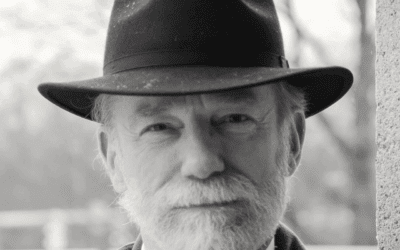
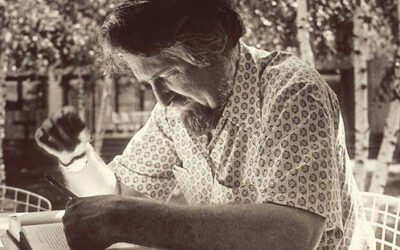





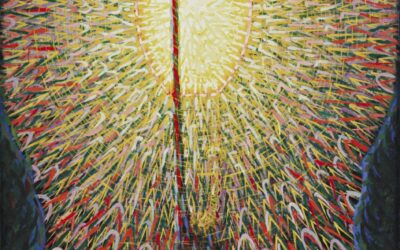

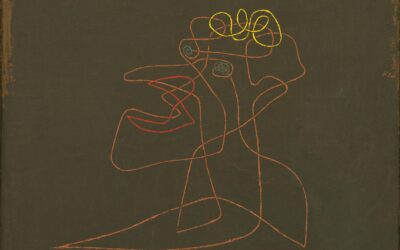


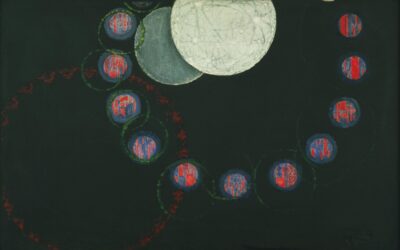
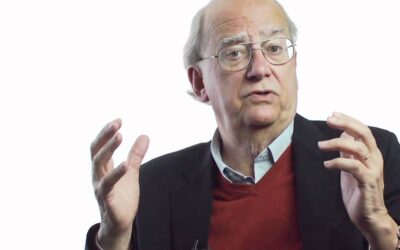
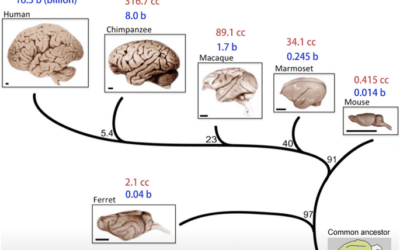

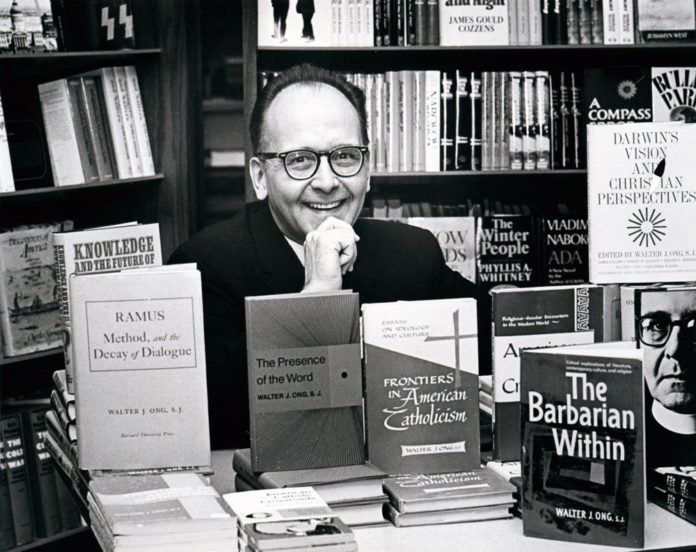


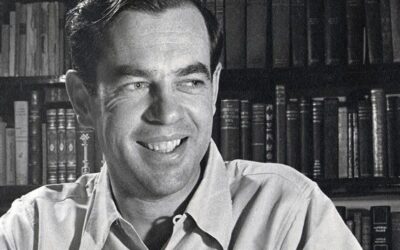
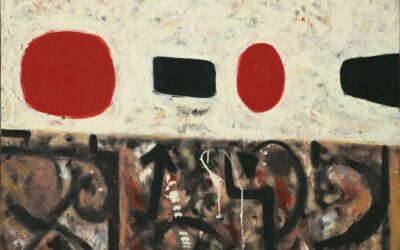




0 Comments